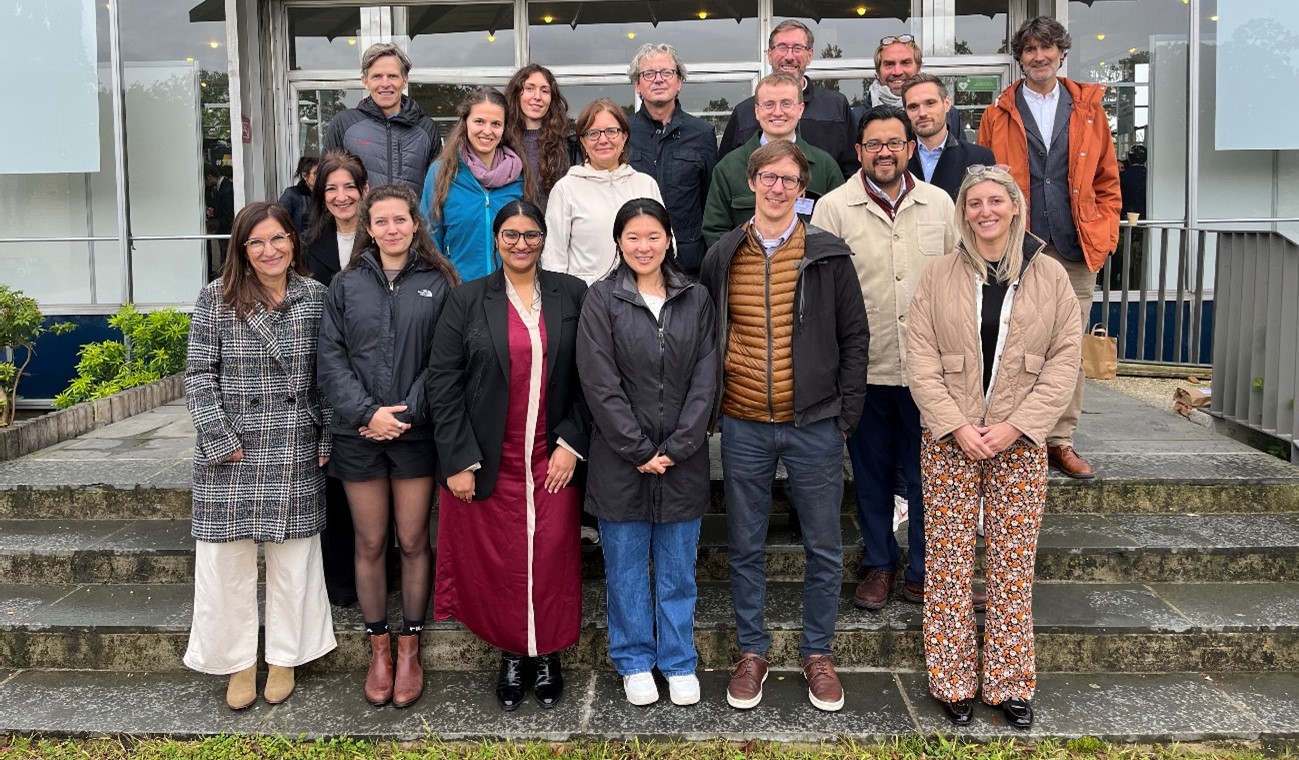“TECNALIA will develop innovative data fusion techniques that manage spatial resolutions”
The aim of the UNDERPIN initiative is to improve the way climate resilience is assessed in Europe, by developing a robust monitoring, evaluation and learning (MEL) framework based on impact indicators.
Over the next four years, UNDERPIN will tackle one of the main challenges in the field of climate adaptation: the lack of standardised indicators to effectively measure the real results of adaptation actions. Current frameworks often focus on processes and actions, without providing a clear vision of long-term impact.
UNDERPIN will attempt to bridge this gap through an integrated approach that combines European-level analysis with regional input.
Scientific development for the operationalisation of the MEL framework
TECNALIA will play a central role, and will be responsible for the operationalisation of the MEL framework.
- The aim is to create an inventory that organises and harmonises various sources of information.
- Work will then be carried out on orchestration and post-processing to transform these data sources into previously defined specific key performance indicators (KPIs).
- TECNALIA will develop innovative data fusion techniques that manage heterogeneous spatial and temporal resolutions, thereby making it easier to gather the relevant information for decision-making.
Regional pilots and collaborative approach
UNDERPIN will work closely with three pilot regions: the Basque Country, Cluj-Napoca and Normandy, ensuring that the indicators developed are relevant, useful and can be applied in real contexts. The project will adopt a combined top-down / bottom-up methodology, integrating local knowledge and previous work carried out in each territory into the European analysis.
Key activities include the following:
- Reviewing and analysing existing frameworks and indicators.
- Mapping regional monitoring systems.
- Identifying data needs and available sources.
- Participatory workshops in each region.
The result will be a framework that can be replicated in other European regions, validated at both a local and European level, and supported by an artificial intelligence-assisted dashboard that will provide real-time analysis for policy makers and professionals.
**This project is coordinated by HEC Paris and funded by the Horizon Europe programme, with the participation of IIASA, CMCC, Climate KIC, among others.

